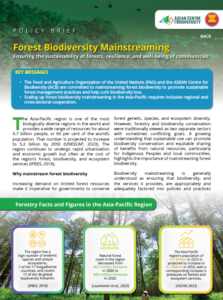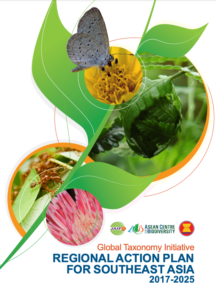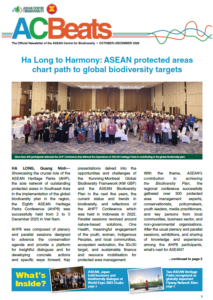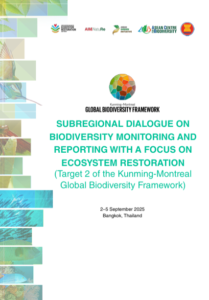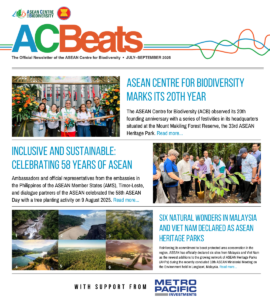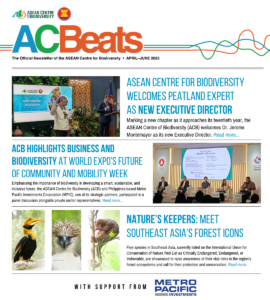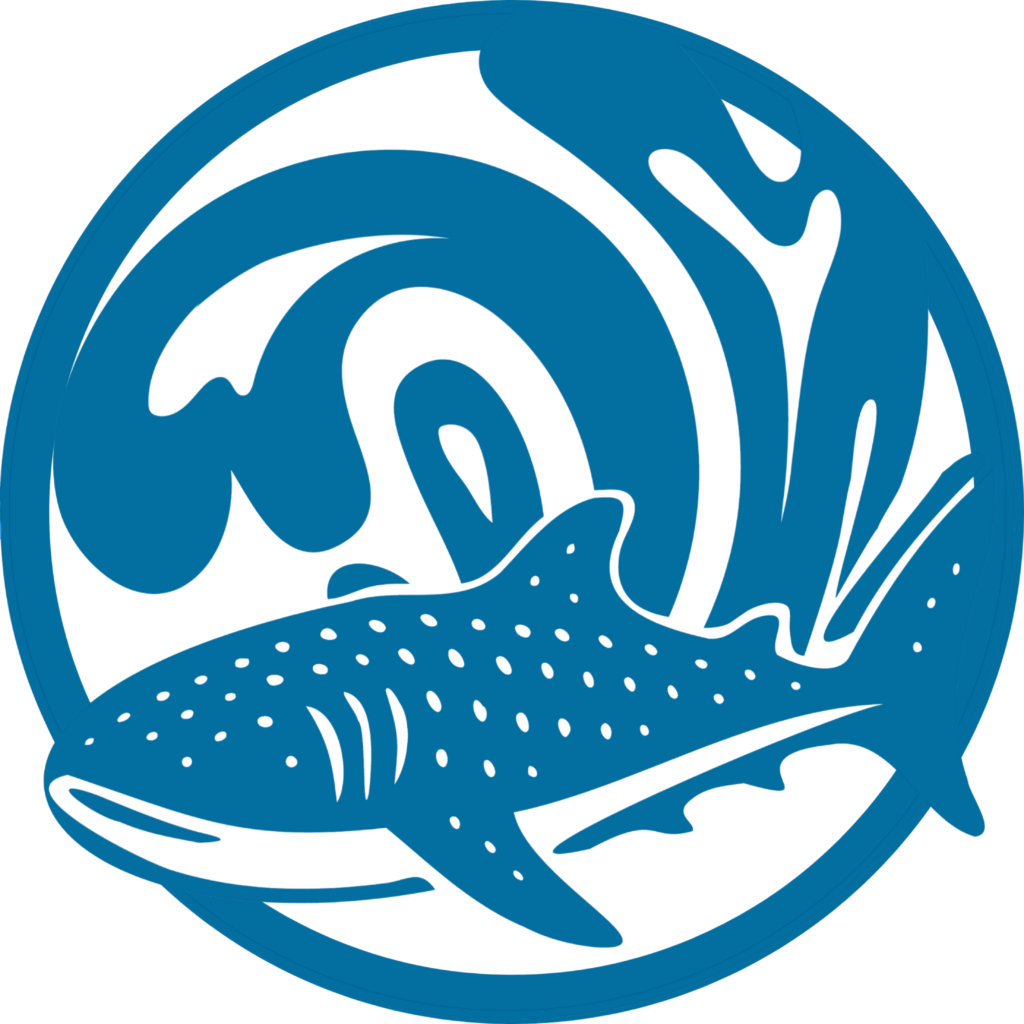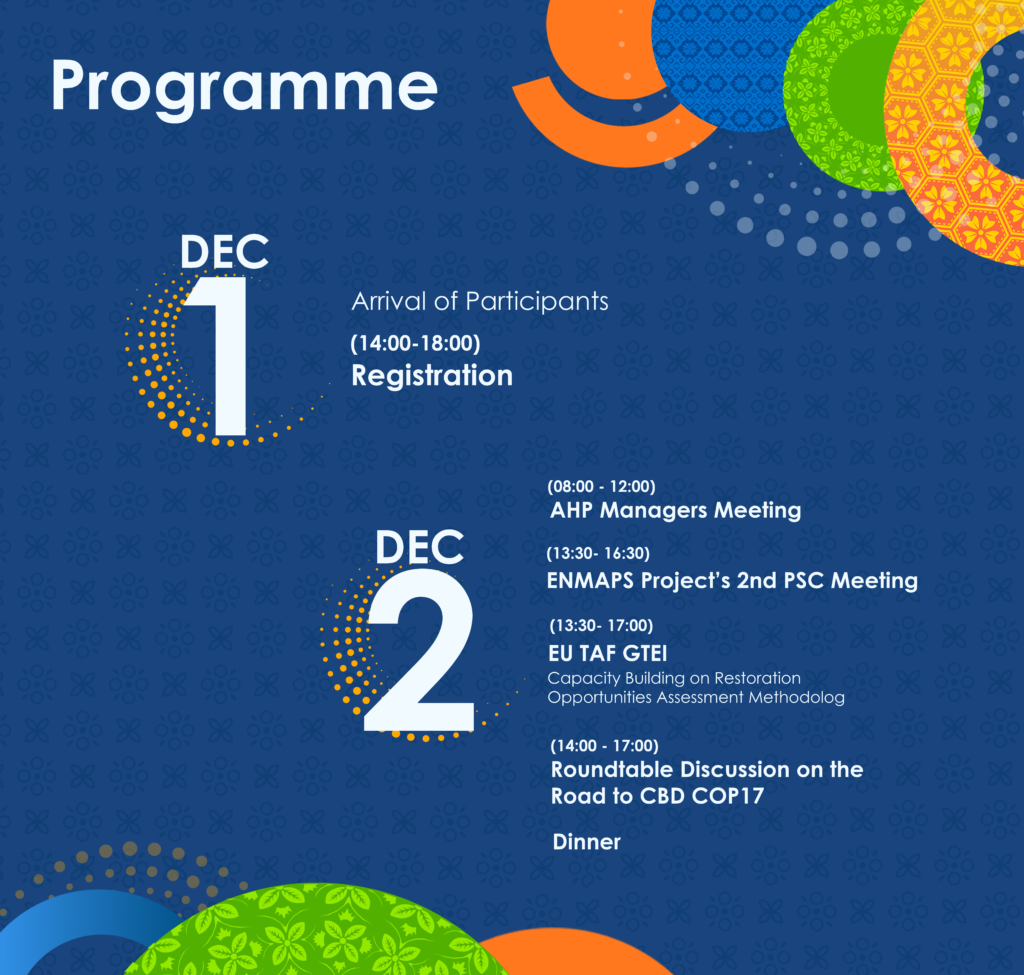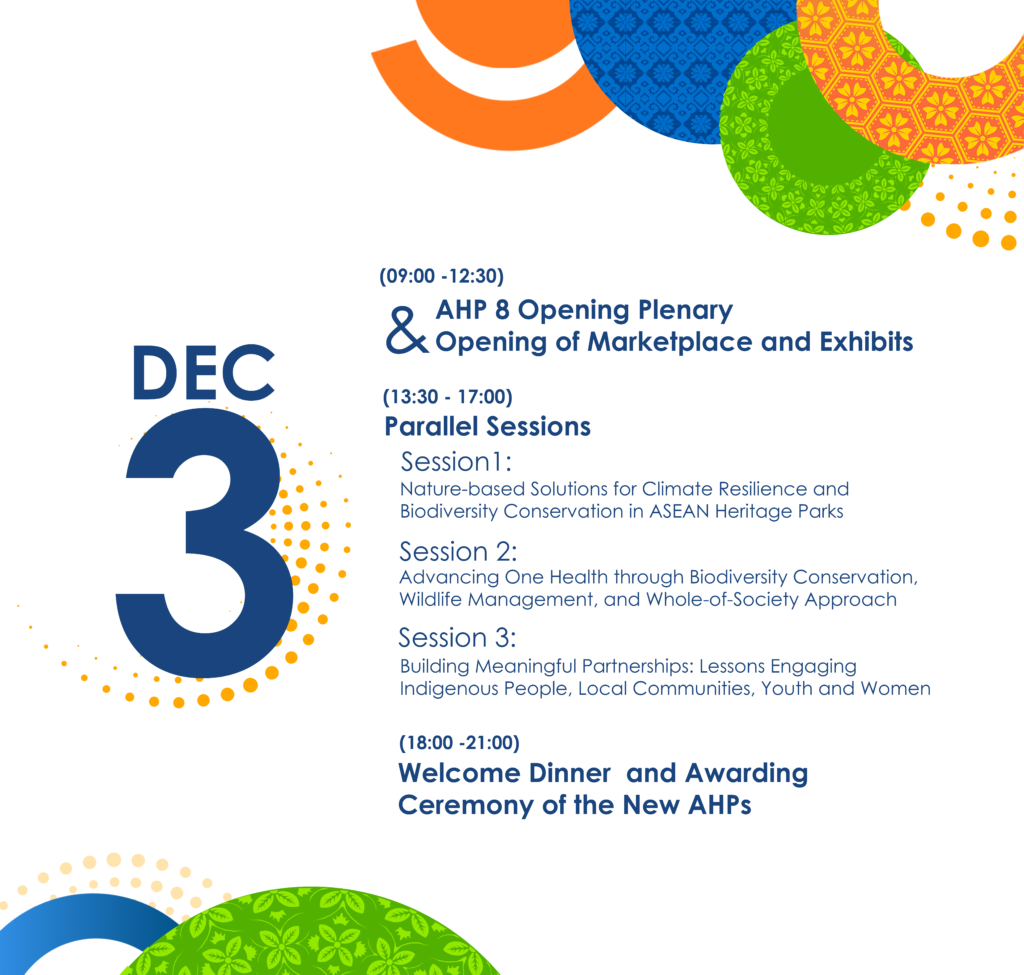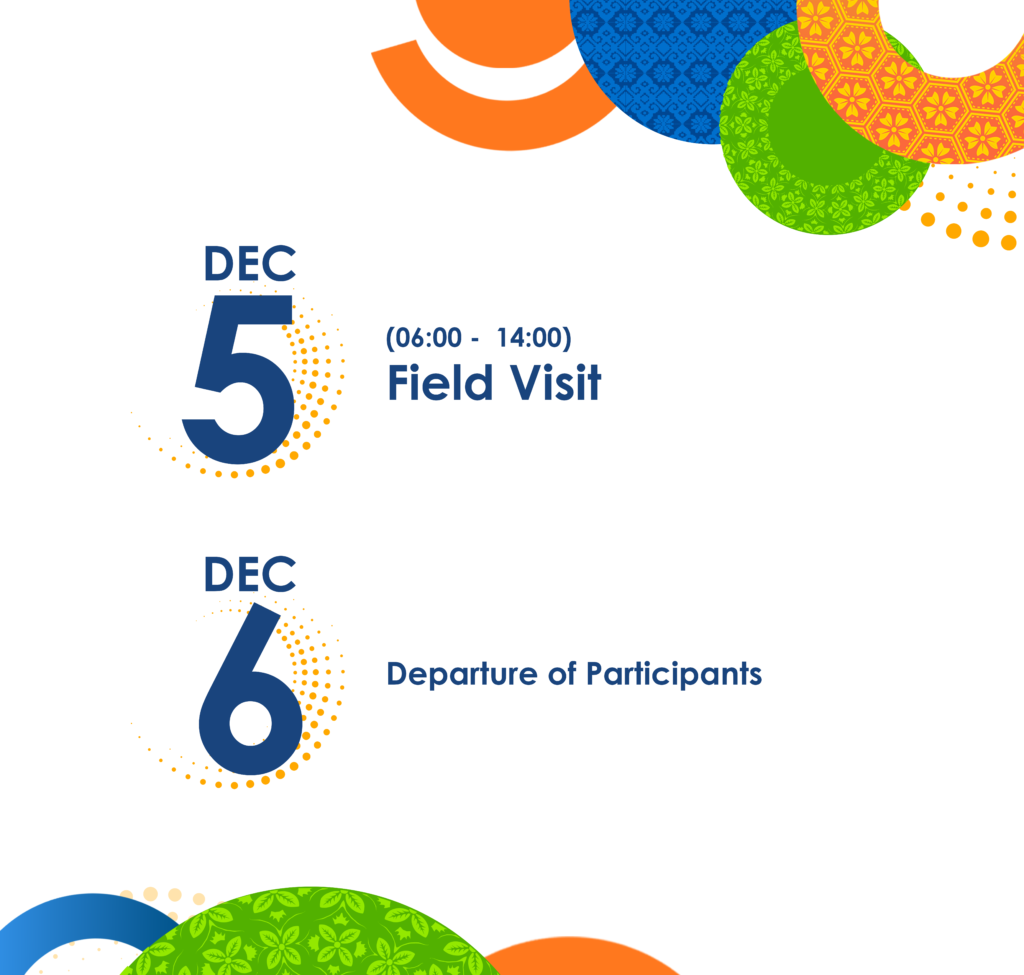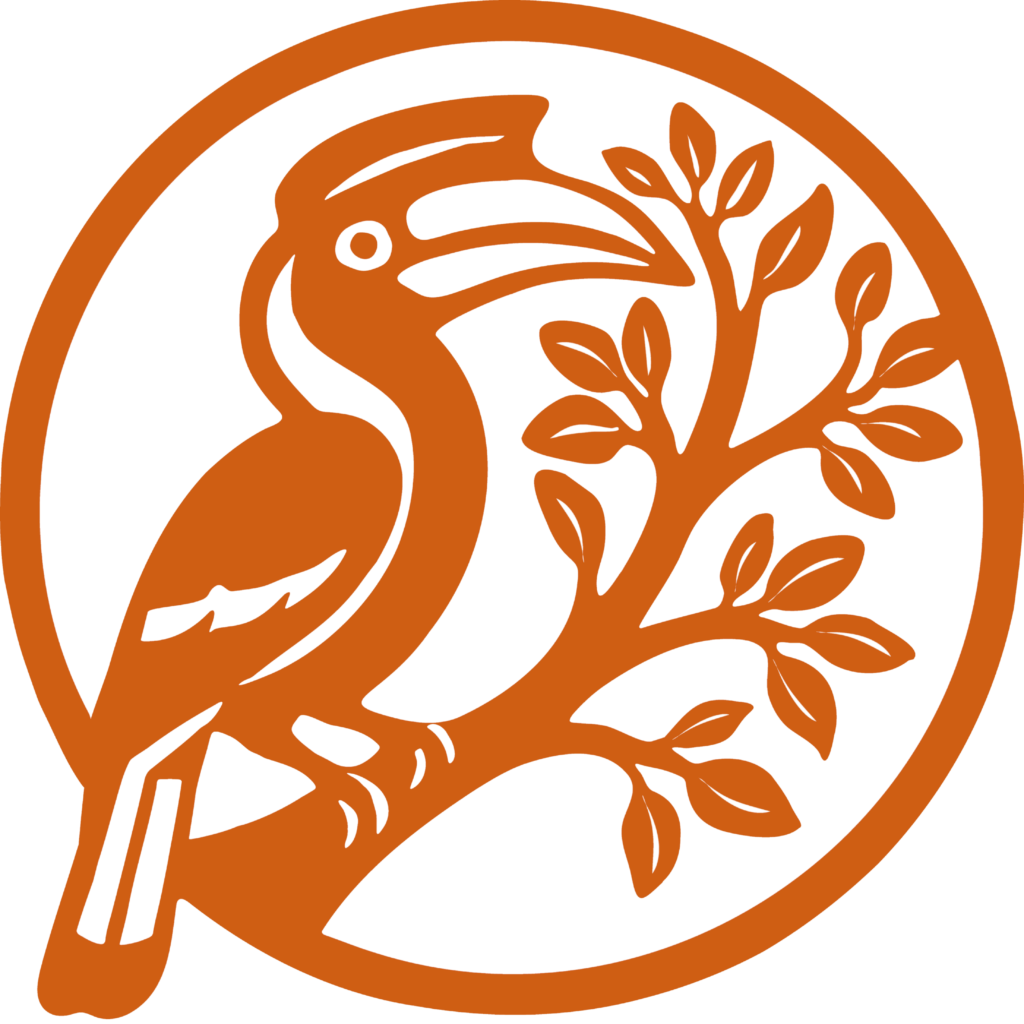
The Philippines’ Agusan Marsh Wildlife Sanctuary. Photo by: Gab Mejia
CEBU, Philippines — The East Asian-Australasian Flyway Partnership (EAAFP) recognised Agusan Marsh Wildlife Sanctuary of the Philippines and Bang Pu Nature Education Center of Thailand as part of the seven new additional Flyway Network Sites (FNS) or wetlands with critical conservation importance. Both sites are also part of the ASEAN Flyway Network and the ASEAN Heritage Parks network.
The recognition was held during the 12th Meeting of Partners (MOP12) of the EAAFP that was hosted by the Department of Environment and Natural Resources of the Philippines from 10 to 14 November. The other new FNS include: Paleik Lake (Myanmar); Pyu Lake (Myanmar); Yeoncheon Imjin River (Republic of Korea); Lake Mainit (Philippines); and Sibugay Wetland Nature Reserve (Philippines).
With the theme, Weaving Connections: Celebrating Migration, Traditional Knowledge, and Innovation across our Flyway, this year’s MOP convened around 300 delegates from over 20 countries representing governments, intergovernmental organisations, non-governmental organisations (NGOs), academic institutions, and flyway network site managers from across the EAAF and nearby regions.

Bang Pu Nature Education Center is known as Thailand’s first urban nature education centre.
Photo by: Foundation for Environmental Education for Sustainable Development (Thailand)
The ASEAN agenda
To strengthen collaborative efforts for the conservation of migratory waterbirds and wetland ecosystems throughout the ASEAN region, the ASEAN Centre for Biodiversity (ACB), in partnership with the National Parks Board of Singapore (NParks), convened the ASEAN Flyway Network on 9 November 2025, along the sidelines of MOP12.
Chaired by Ms. Yang Shufen of the National Parks Board (NParks) of Singapore, the meeting was attended by delegates from Brunei Darussalam, Cambodia, Indonesia, Lao PDR, Malaysia, Myanmar, the Philippines, Singapore, Thailand, and Viet Nam.
During the meeting, Mr. Nheden Amiel Sarne, Director of the Biodiversity Conservation Division of the ACB, presented the outputs of two AFN projects – the AFN Phase II project, “Improving Biodiversity Conservation of Wetlands and Migratory Waterbirds in the ASEAN Region” funded by Japan-ASEAN Integration Fund, and the Activities to Enhance the Communication, Education, and Public Awareness (CEPA) of the Value of Migratory Waterbirds and their Habitats, supported by New Zealand through its Ministry of Foreign Affairs and Trade.

The ASEAN Flyway Network meeting was chaired by Ms. Shufen Yang of the National Parks Board of Singapore. It was attended by delegates from ASEAN Member States, along the sidelines of the 12th Meeting of Partners of the East Asian-Australasian Flyway Partnership.
Ms. Yang then provided updates on the AFN’s strategic direction. She discussed the outcomes of the 35th ASEAN Working Group on Nature Conservation and Biodiversity (AWGNCB) meeting, including the development of a project proposal aimed at strengthening regional cooperation for wetland conservation, enhancing capacity building and knowledge sharing through CEPA, and improving awareness and addressing the threat of hybridisation of the endangered Milky Stork (Mycteria cinerea). She also shared several planned activities that align with the objective of strengthening regional cooperation and improving the capacities and knowledge management of site managers and relevant stakeholders through CEPA at the regional, national, and site levels. During the meeting, members of the ASEAN Flyway Network presented updates and new initiatives related to regional collaboration for the protection and conservation of migratory waterbirds and their habitats.
Another win for the ASEAN region during MOP12 is the official recognition of the ACB as an Intergovernmental Partner of the EAAFP and part of the management committee that is now chaired by Cambodia. This puts the ACB in a strategic position to advance the protection and conservation of the ASEAN flyway, which is part of the larger EAAF migration route of around 50 million migratory waterbirds annually.
The ACB likewise co-organised a side event with the Society for the Conservation of Philippine Wetlands (SCPW) titled, ASEAN Flyway Network Initiatives on Species Conservation: Stories from the Field, where Mr. Anson Tagtag, Director of the Wildlife Resources Division of the Bureau of Management Bureau-DENR; Ms Amy Lecciones, Executive Director of SCPW; Mr. Amiel Sarne, Director of ACB’s Biodiversity Conservation Division; and Ms Khwankao Sinhaseni of the Bird Conservation Society of Thailand shared success stories, best practices, and lessons learned from different efforts of the ASEAN Flyway Network, as well as policy actions that protect flyways and support communities. The side event was hosted by Ms. Pamela Reblora, Communication Director of the ACB, and facilitated by Ms. Clarissa C. Arida, former ACB Programmes Director.
About MOP12
MOP12 sessions concentrated on bolstering conservation, communication, education, and public awareness, youth action, science, and governance along the Flyway. Partners examined how the EAAFP Strategic Plan 2019–2028 was being implemented and discussed strategies to harmonise governance structures and enhance Flyway Site Network management. The endorsement of the EAAFP Science Strategy, a framework to speed up cooperative monitoring and research across the Flyway, was one of the key outcomes of the meeting.
According to an EAAFP report, discussions centred on the preservation of species and habitats. In addition to reviewing the Far Eastern Curlew Action Plan and reorganising its task force to facilitate more focused interventions, delegates approved the Spoon-billed Sandpiper Action Plan 2025–2035. Growing worries over the extensive loss of tidal flats in important nations led to the establishment of a new Tidal Flats Initiative. Another significant development was the introduction of international rules to reduce light pollution, which acknowledged the danger artificial lighting poses to migratory species.
The ACB, as the AFN Secretariat, expressed its strong support, together with Thailand, the Philippines and Singapore, for the proposed EAAFP Initiative on Enhancing Protection, Sustainable Management, and Restoration of Tidal Flats and Associated Working Coastal Wetlands in the East Asian–Australasian Flyway.


